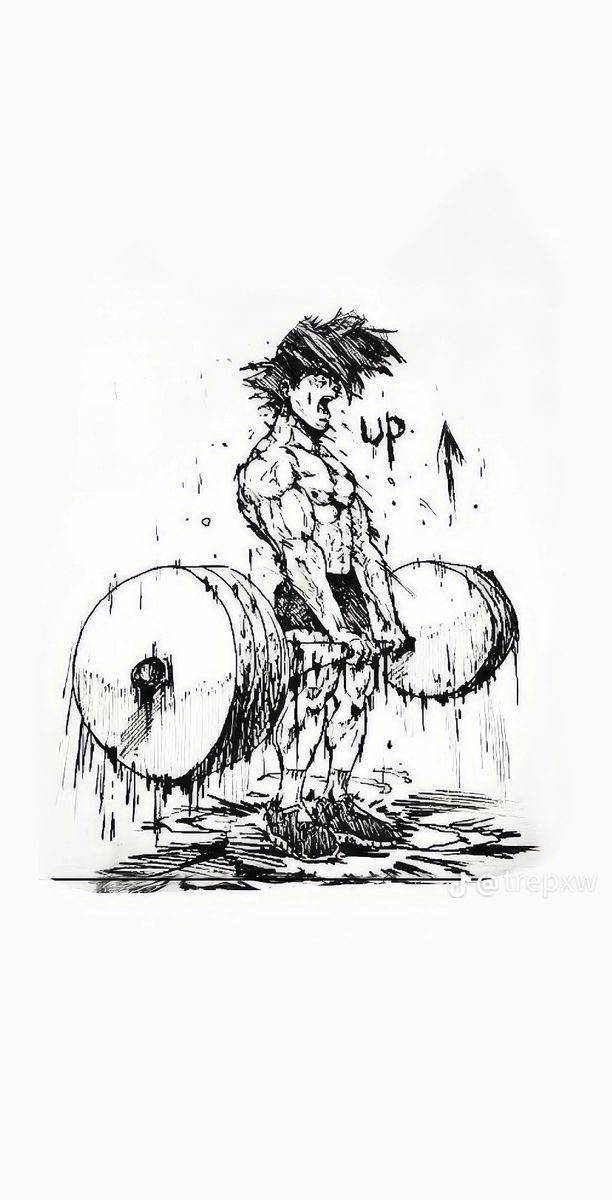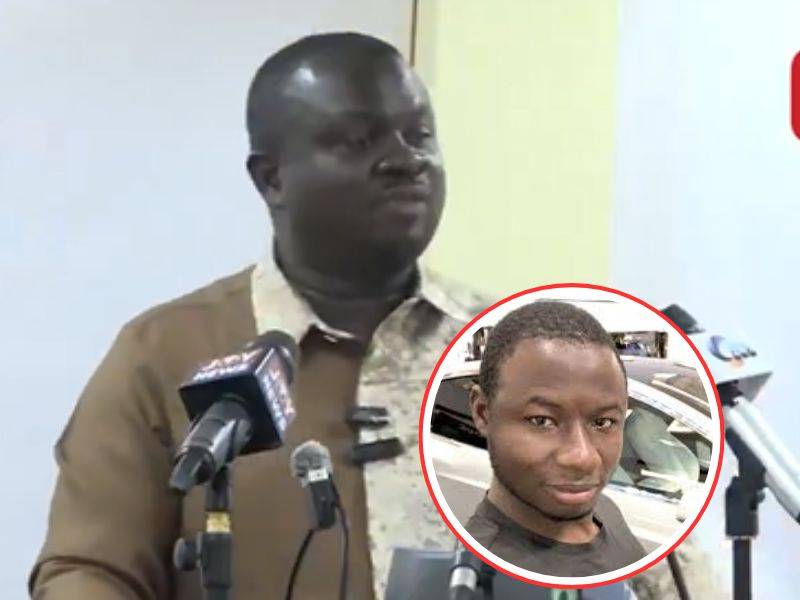The Ghana Journalists Association (GJA) has taken a bold step in demanding justice for murdered investigative journalist Ahmed Suale. On January 22, 2025, the GJA issued an ultimatum to Ghanaian authorities, calling for a concrete update on the investigation by the end of March 2025.
GJA President Albert Kwabena Dwumfour announced that if no satisfactory response is received, the association will take the case to the Economic Community of West African States (ECOWAS) Community Court of Justice. This move highlights the growing frustration within the journalistic community, as no arrests have been made in the six years since Suale's murder.
The lack of progress is further emphasized by the February 2024 revelation from former Attorney-General Godfred Yeboah Dame that his office had not received any docket from the police fit for prosecution. Adding to the complexity, MP Kwame Asare-Obeng (A-Plus) recently claimed to have provided information to the Police Criminal Investigations Department regarding suspected killers of Suale, threatening to name the suspect publicly if the police don't act.
The Suale case is not isolated. The GJA also highlighted the unresolved assault on journalist Latif Iddrisu by unidentified police officers. These cases underscore a troubling trend regarding journalist safety in Ghana and the apparent impunity enjoyed by attackers.
The Federation of African Journalists has expressed full support for the GJA's efforts, with President Omar Faruk Osman stating their readiness to take the matter to international forums if justice is not served.
This ultimatum represents a critical moment in Ghana's struggle to protect press freedom. The resolution of Suale's case is not just about individual justice; it's about safeguarding the fundamental right to free press in Ghana and setting a precedent that attacks on journalists will not be tolerated.
As the March 2025 deadline approaches, all eyes are on Ghanaian authorities. Their response will determine whether Ghana can uphold its reputation as a beacon of democracy in West Africa or face international scrutiny for failing to protect its journalists. The outcome of this case will have far-reaching implications for press freedom across the African continent.




No comments yet
Be the first to share your thoughts!